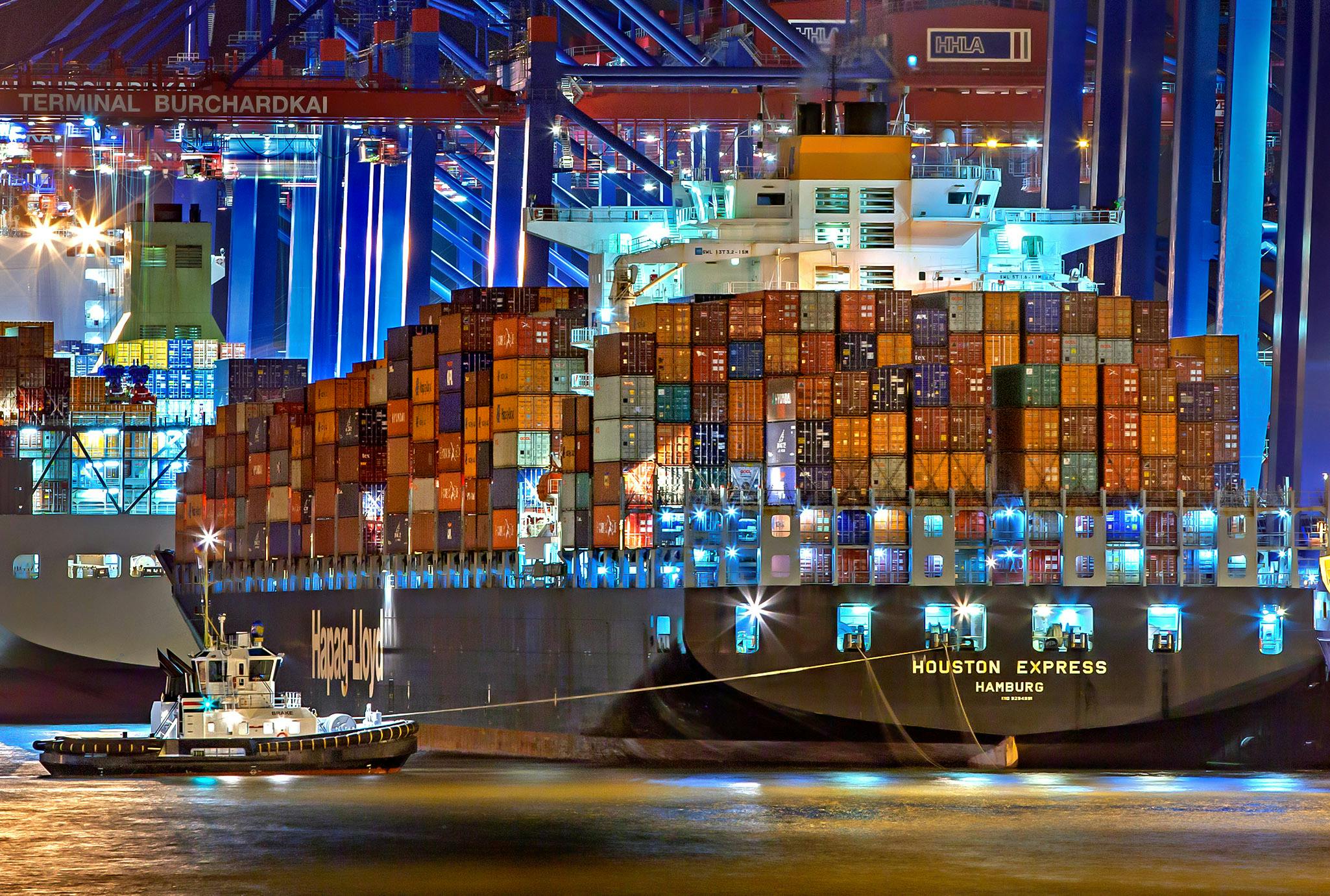According to The Citizen, a prominent Tanzanian newspaper, Tanzania has outpaced Nigeria to become India’s largest trading partner in Africa. Previously holding the second spot, Tanzania now trails only South Africa in this economic race.
The High Commission of India in Dar es Salaam confirmed that trade between Tanzania and India surged by a remarkable 22% in the last fiscal year. This growth propelled their bilateral trade value from $6.48 billion in 2022/23 to an impressive $7.9 billion by May 27, 2024.
Why Is This Trade Relationship So Significant?
- Mutual Economic Growth: This growing trade underscores a mutual commitment to fostering economic growth and cooperation.
- Diversified Trade Items: Tanzania exports pigeon peas, avocados, and cashew nuts to India, while importing petroleum products, industrial machinery, and automobiles.
- Improved Trade Balance: The trade gap has closed significantly, with Tanzania’s trade to India increasing by 25.9% to $3.29 billion.
Also Read: The Story Indian South Africans – From Bondage to Freedom
The Key Drivers Behind This Growth
Strategic Partnerships and Forums
Back in March, Mr. Manoj Verma, an official from the Indian High Commission in Tanzania, forecasted this robust growth during the Tanzania/India Business Forum. His insights proved accurate as the trade exceeded $7 billion, a testament to the strength of their economic ties.
Historical Trade Links
The trade relationship between India and Tanzania isn’t a new phenomenon. It dates back centuries, with both nations benefiting from their strategic geographic positions and the Indian Ocean trade routes. This historical connection laid a solid foundation for the flourishing trade we witness today.
Products Fueling the Trade Boom
Tanzania’s Exports to India
- Pigeon Peas: A staple in many Indian dishes, these legumes are a significant export.
- Avocados: The rising global demand for avocados has made them a lucrative export item.
- Cashew Nuts: Tanzania’s cashew nuts are highly prized in India for their quality.
India’s Exports to Tanzania
- Petroleum Products: Essential for Tanzania’s energy needs and industrial activities.
- Industrial Machinery: Facilitates Tanzania’s growing manufacturing sector.
- Automobiles: Reflects the rising demand for transportation in Tanzania.
Also Read: Indian Unesco World Heritage Sites
What Does the Future Hold?
The burgeoning trade relationship between Tanzania and India is more than just numbers on a balance sheet. It represents a partnership aimed at unlocking shared prosperity and enhancing cooperation on multiple fronts. This growth aligns with projections made earlier in the year, indicating a strong upward trajectory for both nations.
Also Read: Lake Natron In Tanzania’ The Medusa Water that turns Animals into Stone
Economic and Social Impacts
- Job Creation: Increased trade means more jobs in both Tanzania and India.
- Technological Transfer: Tanzania benefits from Indian technological advancements, particularly in industrial machinery and automobiles.
- Cultural Exchange: The deepening trade ties also foster cultural exchanges, strengthening the social fabric between the two countries.
The Role of Government and Private Sector
The impressive growth in trade is a result of concerted efforts by both the Tanzanian and Indian governments, as well as the private sectors. Policies encouraging trade, investment, and economic cooperation have played a pivotal role.
High-Level Engagements
Regular high-level engagements and trade forums have provided platforms for businesses and government officials to explore opportunities and address challenges. This proactive approach has been key in driving the trade figures upward.
Conclusion: A Promising Future Ahead
Tanzania’s trade relationship with India is a glowing example of how two nations can work together to achieve mutual economic prosperity. As they continue to strengthen their economic ties, both countries stand to benefit significantly, paving the way for a bright future.
